The Securities and Exchange Commission (SEC) just delivered a message to corporations: don’t interfere with whistleblowing, even indirectly.
Whistleblowers are an extremely valuable tool in enabling the SEC and other government agencies to combat corporate fraud. Accordingly, the Dodd-Frank Reform and Consumer Protection Act of 2010 (Dodd-Frank) created financial awards as an incentive to encourage whistleblowers to report violations of the federal securities laws. Dodd-Frank also authorized the SEC to issue rules protecting whistleblowers. Thus, the SEC adopted Rule 21F-17, providing in relevant part that “No person may take an action to impede an individual from communicating directly with the Commission staff about a possible securities law violation, including enforcing, or threatening to enforce a confidentiality agreement” that would prohibit such a communication.
Prior SEC actions were directed at companies that required current or departing employees to sign confidentiality agreements that expressly prohibited the employee from reporting possible violations to the government. See In the Matter of CBRE, Inc., (Admin. Proc. File No. 3-21675, Sept. 19, 2023) (company required departing employee to represent that the employee had not filed a complaint or charges against the company with a court or government agency); In the Matter of D.E. Shaw & Co., L.P. (Admin. Proc. File No. 3-21775, Sept. 29, 2023) (company required new employees to sign agreement stating that they would not voluntarily provide confidential information to government agencies and departing employees to sign releases before they could receive payments when such releases required representation that no complaints had been made to a government agency). The SEC has brought more than 20 such actions for violations of Rule 21F-17 based on a company’s use of a restrictive confidentiality agreement.
Now, the SEC has gone further. On September 9, 2024, the SEC brought settled administrative proceedings against seven companies whose agreements required employees to waive any claim to the whistleblower bounties awarded by the SEC. (Several of the affected companies also forced contractors to sign agreements prohibiting them from reporting violations, which the SEC made clear violated Rule 21F-17.) Although the SEC stated that it was unaware of any instance in which the companies sought to enforce these agreements, their existence constituted an “impediment” to whistleblowing and thus violated Rule 21F-17—because the provisions obviously eliminated the major incentive for would-be whistleblowers to report violations in the first place. Each of the companies agreed to entry of a cease-and-desist order barring them from committing or causing future violations of Rule 21F-17, and to pay a civil monetary penalties of amounts ranging from $19,500 to $1.386 million. The SEC’s Orders noted that the companies cooperated with the SEC and agreed to take remedial action. 1
The lesson is clear, and arguably extends even beyond the whistleblower context: Think twice before trying to get cute with the SEC by doing indirectly that which you clearly cannot do directly.
For more information regarding Alto Litigation’s litigation practice, please contact one of Alto Litigation’s partners: Bahram Seyedin-Noor, Bryan Ketroser, or Joshua Korr.
1 In the Matter of a.k.a. Brands Holding Company, (Admin. Proc. File No. 3-22078, Sept. 9, 2024); In the Matter of Acadia Healthcare Company, Inc., (Admin. Proc. File No. 3-22079, Sept. 9, 2024); In the Matter of App.Folio, Inc., (Admin. Proc. File No. 3-22080, Sept. 9, 2024); In the Matter of Idex Corporation, (Admin. Proc. File No. 3-22081, Sept. 9, 2024); In the Matter of LSB Industries, Inc., (Admin. Proc. File No. 3-22082, Sept. 9, 2024); In the Matter of Smart Life, Inc., (Admin. Proc. File No., 3-22083, Sept. 9, 2024); In the Matter of TransUnion, (Admin. Proc. File No. 3-22084, Sept. 9, 2024).
****
Disclaimer: Materials on this website are for informational purposes only and do not constitute legal advice. Transmission of materials and information on this website is not intended to create, and their receipt does not constitute, an attorney-client relationship. Although you may send us email or call us, we cannot represent you until we have determined that doing so will not create a conflict of interests. Accordingly, if you choose to communicate with us in connection with a matter in which we do not already represent you, you should not send us confidential or sensitive information, because such communication will not be treated as privileged or confidential. We can only serve as your attorney if both you and we agree, in writing, that we will do so.
The materials on this website are not intended to constitute advertising or solicitation. However, portions of this website may be considered attorney advertising in some states.
Unless otherwise specified, the attorneys listed on this website are admitted to practice in the State of California.

